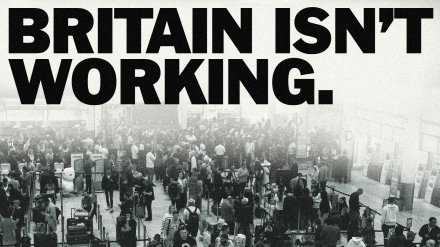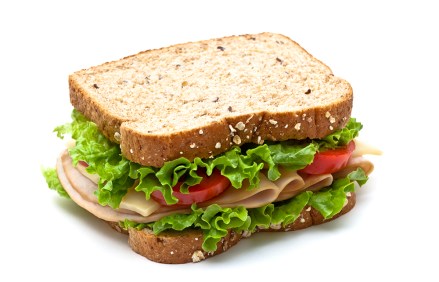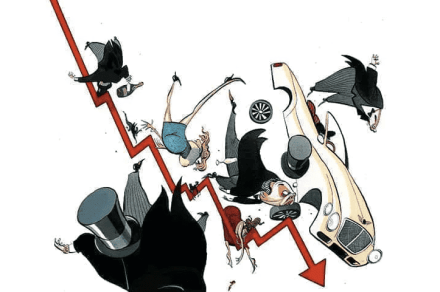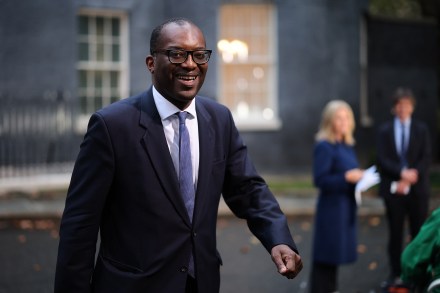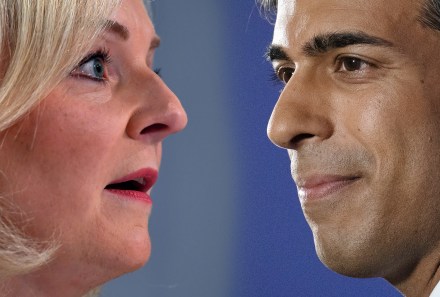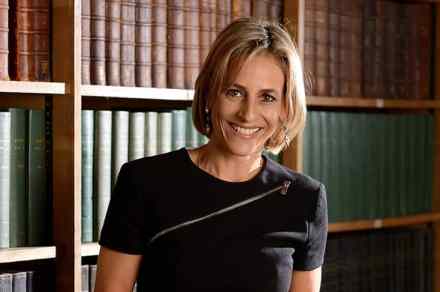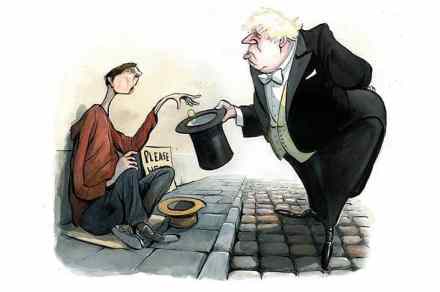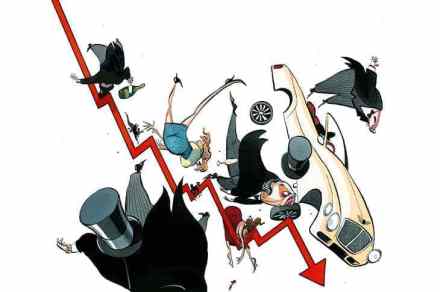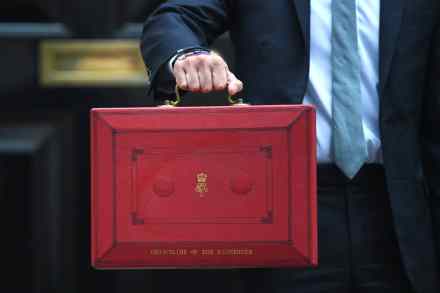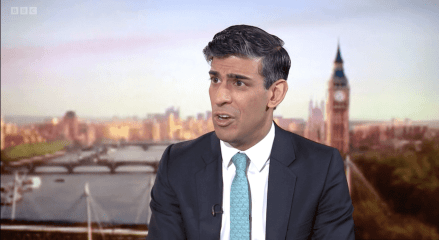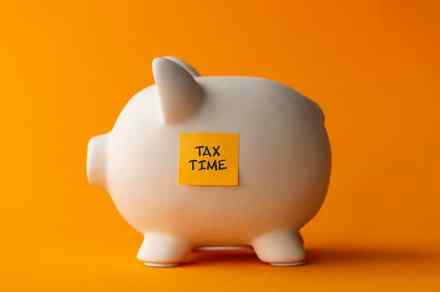British conservatism is lurching from one crisis to another
No. 10 quickly asserted that the meltdown at National Air Traffic Services was a technical issue rather than a cyber attack. This was presumably meant to be reassuring. It is anything but. It speaks, once more, of a Britain with creaking infrastructure, where national paralysis has become a regular occurrence. The highest tax revenues in peacetime history have not created a properly functioning country. The breakdown was caused by a single mis-filed flight plan. That such havoc can result from one trivial event does little credit to the organisation entrusted with our airspace. This week’s event may not be a cyber attack, but hostile states and organisations will be taking
